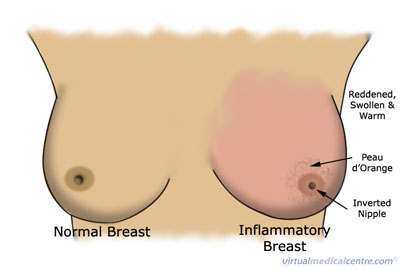By Vera Viner
The pharmaceutical industry may have another problem on their hands, as particular blood pressure medications have found to have a serious medical risk.Bloomberg reported that women who took calcium-channel blockers for more than 10 years had a significant rise in their breast cancer risk when compared to women who never took the drugs. In fact, the rise was 2.5 times the standard risk for breast cancer development.

Instead of calcium-channel blockers, women with heart problems may need to take different medications. The research regarding this was published in JAMA Internal Medicine. Nearly 3,000 women were followed to determine the breast cancer risk associated with blood pressure medication. The Fred Hutchinson Cancer Research Center scientists who undertook the study explain that more research is needed to determine exactly why this subclass of drugs causes a rise in breast cancer risk.

“These findings raise a hypothesis,” Patricia Coogan, a research professor of epidemiology at the Slone Epidemiology Center at Boston University, wrote in an editorial. “It does not prove that using calcium-channel blockers for 10 or more years will raise your risk of breast cancer. More observational studies need to look in more populations. If this finding is replicated, then there needs to be a serious discussion about long-term use of calcium-channel blockers.”
Blood pressure drugs are commonly assigned throughout the United States, with more than 678 million blood pressure prescriptions filled in 2010. Out of all these medications, 98 million prescriptions were for calcium-channel blockers. The way these particular medications work is by relaxing blood vessels and keeping calcium from coming into the cells and tissues.

Another interesting fact about the findings is that mostly older women who take the drugs are likely to develop breast cancer. When treating problems associated with blood pressure, there are other pharmaceutical options. Other medications include beta blockers, diuretics, and ACE inhibitors. Long-term use of these other drugs were not linked to a rise in cancer risk.
It is hypothesized that calcium-channel blockers may be associated with greater cancer risk because they suppress cell death, which is a typical part of the cell cycle, according to Medical News Today.
“Because hypertension is a chronic condition, most people with high blood pressure use antihypertensive drugs chronically and will often stay on the same regimen for long periods of time,” Dr. Christopher Lee, who led the study, told the news source. “Characterizing their potential associations with the most common cancer in women is an important clinical and public health issue, particularly with the increasing availability of alternative options to manage hypertension.”
This research could make a big impact on women’s health. Those who are taking calcium-channel blockers on a long-term basis to treat their blood pressure problems should consider speaking with their primary care doctor or cardiologist on these findings.

No comments:
Post a Comment